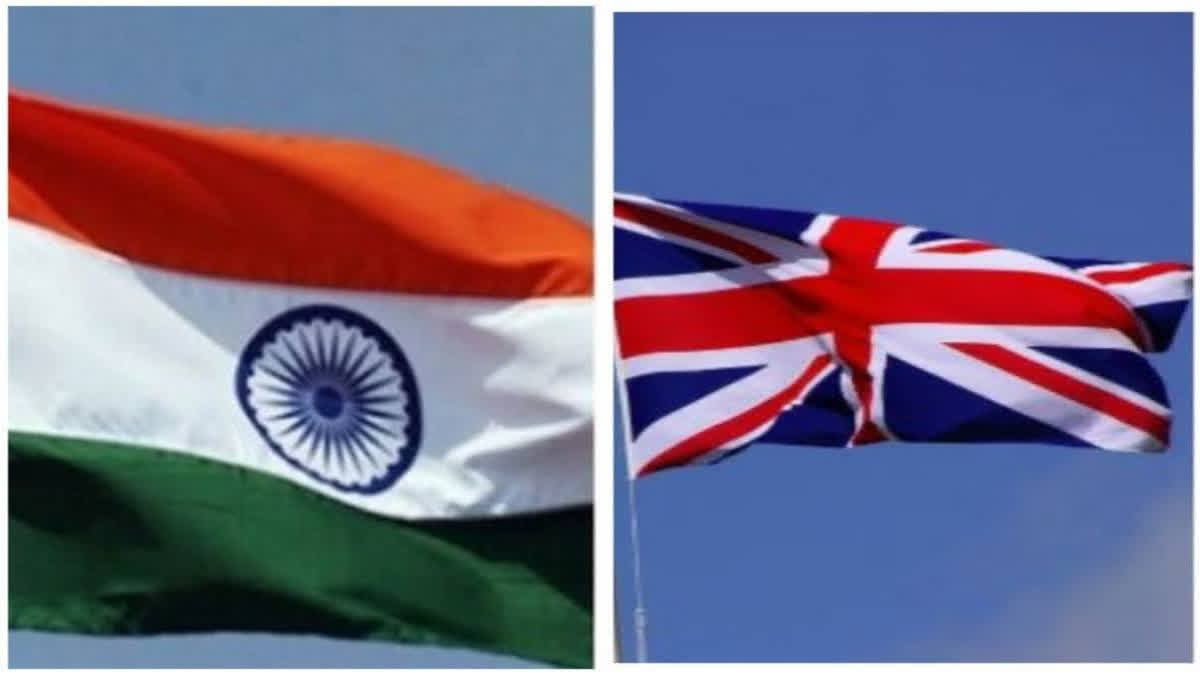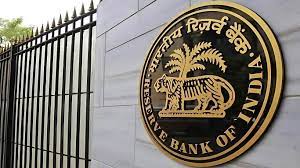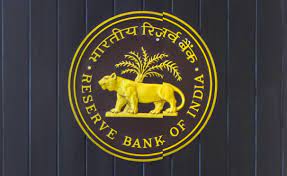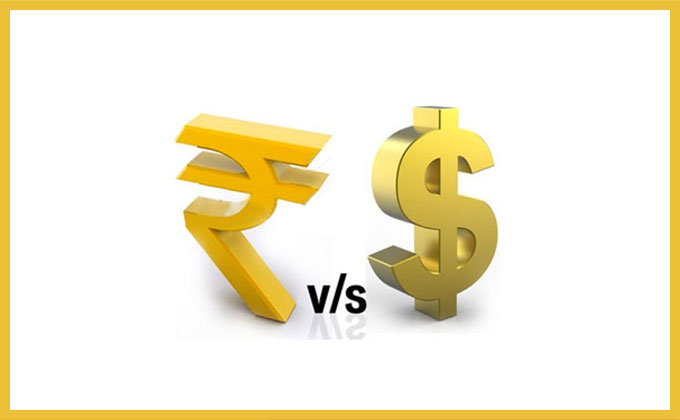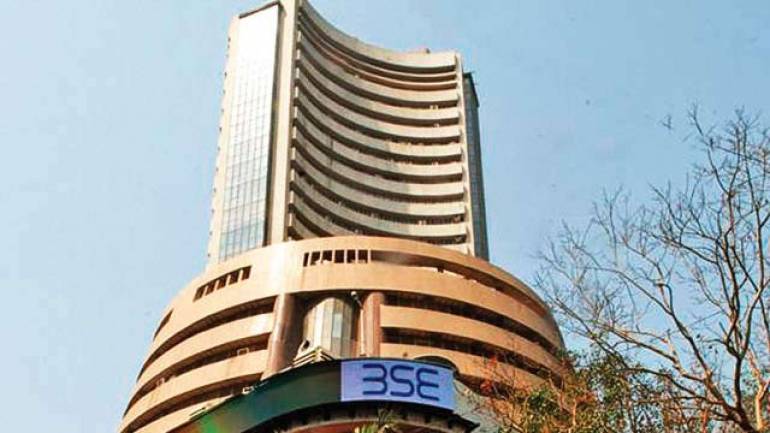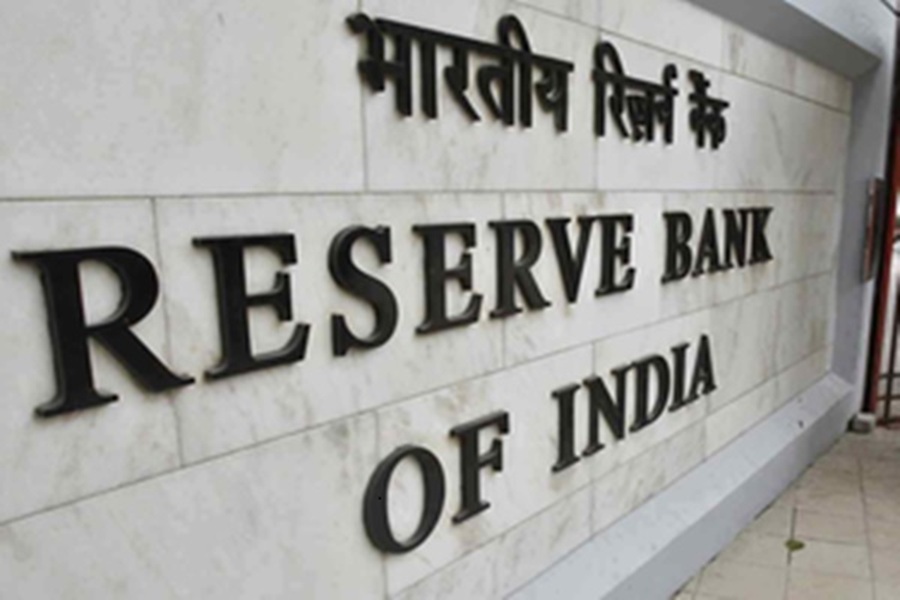GST Council Clears Draft Laws As Government Aims For July 1 Rollout
Sat 04 Mar 2017, 22:36:27
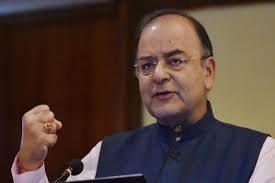
The GST Council unanimously approved the draft central GST and integrated GST laws in its 11th meeting today. The Centre wants to bring these bills in the second half of the Budget session that starts next week as it wants to stick to the July 1 deadline to rollout GST.
The Centre also agreed to apply the formula of composite tax of 5 per cent to eateries and restaurants whose annual turnover do not exceed 50 lakh. The move is expected to keep dining out at smaller restaurants an affordable experience because of lower taxes.
"The GST Council has cleared the final draft of CGST, IGST law and the approval of draft of state-GST (SGST) which is to be cleared by state assemblies is on the anvil," Finance Minister Arun Jaitley said.
"CGST, IGST and Union Territory-GST (UTGST) law to be taken to Parliament in the second half of Budget session starting March 9," Mr Jaitley said. "UTGST and SGST draft bills will be taken up for discussion and approval at the council's next meeting on March 16," he added.
Also Read: Agriculturists, Small Traders Exempt From Registering Under GST
Finance Ministers from the states, however, say every state government will have to pass their own state-GST and classify tax rates for each item that is sold in the market -- also called fitment -- before GST can be rolled out.
"We are very happy that
the Centre has agreed to 26 recommendations of the states," said West Bengal Finance Minister Amit Mitra told reporters and added, "Parliament passing the CGST and IGST are the first parts. States will have to pass their law and then the process of fitment will take place."
the Centre has agreed to 26 recommendations of the states," said West Bengal Finance Minister Amit Mitra told reporters and added, "Parliament passing the CGST and IGST are the first parts. States will have to pass their law and then the process of fitment will take place."
"It was a fruitful discussion today and we have also discussed the issue of bringing small hotels under 5 per cent tax bracket as they employ a large number of people," Mr Mitra further said.
Last month, the GST Council had approved a law to compensate states in case they lose out on revenue because of the implementation of new national sales tax.
The council will also get down to fixing rates of taxes for different goods and services by fitting them into the four approved slabs of 5, 12, 18 and 28 per cent.
After the CGST law is approved by Parliament, the SGST law will have to be cleared by respective state legislatures.
Billed as the uniform single market tax, GST will replace a plethora of central and state taxes, is a consumption-based tax levied on sale, manufacturing and consumption on goods and services at the national level.
Under it, CGST will be levied by the Centre, SGST by states and IGST on inter-state supply of goods and services.
The Centre wants to implement GST from July 1 now after missing the April 1 roll out date.
No Comments For This Post, Be first to write a Comment.
Most viewed from Business
AIMIM News
Delhi Assembly polls: Owaisi leads Padyatra in Okhla
Feb 01, 2025
We reject this Waqf Amendment Bill: Asaduddin Owaisi
Jan 30, 2025
Latest Urdu News
Most Viewed
May 26, 2020
Which team will win the ICC Men's Champions Trophy 2025 held in Pakistan/Dubai?
Latest Videos View All
Like Us
Home
About Us
Advertise With Us
All Polls
Epaper Archives
Privacy Policy
Contact Us
Download Etemaad App
© 2025 Etemaad Daily News, All Rights Reserved.



